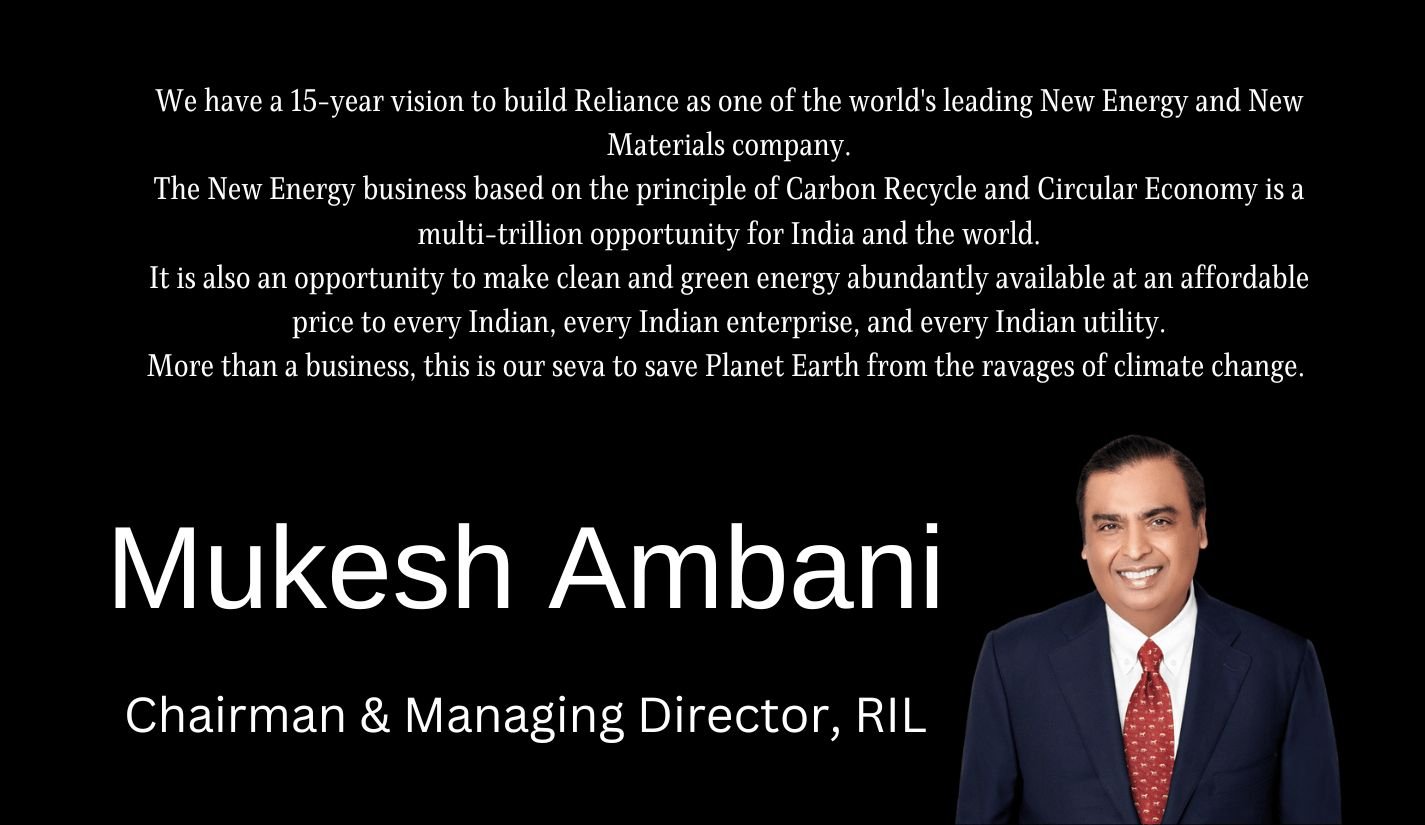Perovskite Solar Cell Manufacturers in India: A Comprehensive Overview
The demand for renewable energy is increasing throughout the world, and India is also experiencing this similarly. Among the developing technologies for solar power, Perovskite Solar Cells are very promising in that they have the potential to change this industry. Such cells have been made such that they are efficient as well as cheap to produce making them among the top candidates for clean and green sources of electricity It is hoped that these kinds of cells will be game-changers for sustainable power generation systems This article discusses leading manufacturers as well as advances in technology when it comes to perovskite solar cells found in India, besides exploring the position these companies occupy within the global market and what lies ahead of them.

Understanding Perovskite Solar Cells
Perovskite solar cells function in the same way as traditional photovoltaic (PV) cells. They work by first absorbing light from the sun, which causes electrons that were in its lattice to become excited, leading to creation of electron-hole pairs. These two types of charges are then directed to each other, leading to creation of electric current as they move along different paths to positive and negative sides respectively. A key point about perovskite solar cells is their ability to absorb more types of light wavelengths (in broad sense), contributing greatly towards scale maximization efficiency.
How Perovskite Solar Cells Work
Perovskite solar cells belong to a class of thin-film solar cells that utilize a compound having a crystal structure like perovskite mineral. These cells have captured the interest of many people for having higher rates of efficiency than conventional silicon-based types. The malleability, lightness, as well as possible reduced costs in production position perovskite solar cells as viable options within solar power industry.
Key Advantages of Perovskite Solar Cells
- High Efficiency: Perovskite solar cells have displayed efficiency levels exceeding 25% thereby competing fairly with the usual silicon solar cells.
- Lower Production Costs: Manufacturing perovskite cells is cheaper and simpler than manufacturing silicon-based cells. Therefore, this might lower the cost of solar energy overall.
- Flexibility and Lightweight: The flexibility and lightweights of these cells can enable sheets which may open out into new possible applications across different sectors e.g. Portable electronics, building-integrated photovoltaics.
- Swift Development: There is fast evolution of perovskite solar cells technology as various research efforts seek to enhance their stability, scalability and commercial viability.
Top Perovskite Solar Cell Manufacturers in India
One of the fast-growing technologies in solar energy is perovskite solar cell technology in India due to its largest potential for solar energy. Across this particular field, We have witnessed a good number of companies and research organizations that are making enormous progress. Here are some of the leading perovskite solar cell manufacturers in India…
1. Tata Power Solar Systems
Tata Power Solar Systems, which is a subsidiary of Tata Power, one of the biggest combined power companies in India, has a dominant stance in solar energy industry. Although predominantly recognized for its silicon solar panels, it is also looking into the usability of perovskite solar cells. The company’s R&D arm is doing active study on hybrid perovskite-silicon tandem cells that may result not only to enhancement in efficiency but also in saving costs on electricity.
2. Reliance New Energy Solar Ltd.

With its green energy project, Reliance Industries has ventured into the market for perovskite solar cells through its subsidiary, Reliance New Energy Solar Ltd. The company is going to great lengths in researching and developing perovskite solar cells capable of being mass-produced with high efficiency. The company has in place all resources and strategies required including substantial investment from Reliance as well as commitment to clean power production, hence making it poised to take over as a major player in the sector.
3. Waaree Energies
An important player in the Indian solar sector is Waaree energies. In recent times, the company has begun to invest in perovskite solar cell technology, despite being acknowledged for having quite a variety of solar products. They aim at establishing manufacturing processes that are scalable and cost-effective, which will rival the silicon-based solar cells traditionally used in practice. As concerns Waaree, its innovation plus market experience have positioned it as a top runner within the perovskite solar sectors.
4. Vikram Solar
Vikram Solar is a renowned Indian manufacturer of solar panels, internationally recognized for unique innovation and excellence. Currently, Vikram Solar is also investigating possible applications of perovskite solar cell technology, specifically when combined with other materials as a way of making solar panels effectively efficient and tough. On grounds of research plus sustainability among other gains associated to perovskite technology, it is in line with these concepts at Vikram Solar.
5. Adani Solar
Adani Solar, which is owned by the Adani Group, is among the biggest makers of solar photovoltaic cells in India. Adani Solar’s strength lies in its massive solar power plants but now, it is exploring new territories by investing into perovskite cells. This investment in R&D combined with all these huge factories could possibly place Adani Solar ahead of other competitors as far as perovskite solar cells are concerned within the Indian borders.
Research and Development in Perovskite Solar Technology
India’s research institutions play a significant role in the progression of the technology of perovskite solar cells. A number of outstanding institutions are carrying out advanced studies on ways to enhance efficiency, stability and industrialization prospects for these cells.
1. Indian Institute of Science (IISc), Bangalore
IISc Bangalore is leading solar energy research in India. Stable and efficient perovskite solar cells are being developed by researchers at the institute. The main aim of their work is to improve the durability of these cells, which is crucial for their wide application.
2. Indian Institute of Technology (IIT) Bombay
There is a focused research group for perovskite solar cells at IIT Bombay. The primary thrust of our activities is fine-tuning the composition material and boosting the general cell efficiency. It benefitted from government driven policies as well as support through private collaborations, thereby becoming an important player in the promotion of Perovskite technology in India.
3. National Institute of Solar Energy (NISE)
NISE(National Institute of Solar Energy) is a research institute that operates under the Indian central government’s Ministry of New and Renewable Energy (MNRE) and it is located in India. The primary interest of NISE stands in development as well as promotional activities connected with solar technologies such as perovskite cells. The goal behind its research is to solve scalability and durability issues of perovskite cells that influence their commercial viability.
Future Prospects of Perovskite Solar Cells in India

Perovskite solar cells appear to have a bright future in India. Given that the Government is actively promoting alternative energy sources and people are calling for finer solar technologies, it is most likely that perovskite cells shall feature prominently in the Indian energy mix.
1. Government Initiatives and Policies
The Indian government is promoting the use of renewable energy technology with initiatives like the National Solar Mission, which is relied on to boost the expansion of perovskite solar cells in the next few years to the road. Perovskite technology can help the Indian government achieve its goal of reducing greenhouse gas emissions and enhancing energy access due to its potential advantages with regard to this goal.
2. Increasing Investment in R&D
Commercializing perovskite solar cells require investment in research and development. To fast-track the development of this technology, Indian firms, as well as research organizations, are working together with foreign counterparts. A promising future awaits perovskite solar cells in India due to increased enthusiasm from the public and private sectors alike.
3. Market Expansion and Export Potential
Since perovskite solar cell technology is progressing well, India can actually become the world’s largest leader in the industry. The development of perovskite technology makes it possible for India to develop its manufacturing abilities in such a way that would enable the country to produce and export perovskite solar cells as well as related products.
Challenges and Opportunities in the Indian PSC Market

Stability and Durability
PSCs’ production with high efficiency in laboratory is a long way and laboratory tests are far from real operational conditions, where they can be destroyed if exposed to moisture, heat and UV radiation. The Indian academics are finding possible ways to improve the toughness of PSCs by creating new substances and protective coverings for them.
Commercialization and Mass Production
Another challenge is to scale up the production of Perovskite Solar Cells in order to meet commercial demands. The manufacturing processes for PSCs must be optimized in order to ensure regularity, quality and economical production costs. It is expected that the commercialization of PSCs will gain momentum in India in a few years with continuous research and development (R & D) plus the government’s support.
Regulatory Support and Market Acceptance
Regulatory support and market acceptance are the key determinants to whether Perovskite Solar Cells can be successfully commercialized in India. For this to happen, the Indian government must make explicit rules as well as norms on PSCs so that they can be widely used without posing health risks to anyone. Moreover, consumer education campaigns aimed at highlighting the pros of using PSCs are important for boosting acceptance of these products among individuals as well as organizations.
Conclusion
Perovskite solar cells signify the solar energy sector’s next frontier, with India set for a significant role in it. The attractiveness of these cells is drawn from excellence as well as affordability of production, coupled with their flexibility as an energy option for tomorrow. Hence, brightens foresee future for Perovskite Solar Cell in India as leading manufacturers such as Tata Power Solar Systems, Reliance New Energy Solar Ltd, Waaree Energies drive forward this technology.
